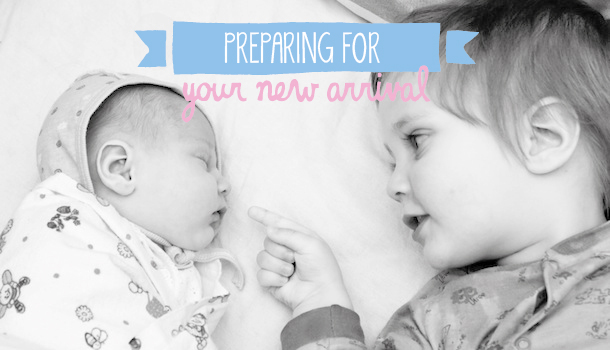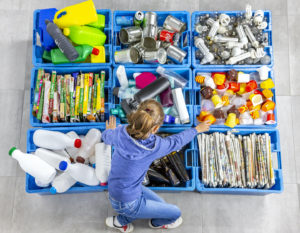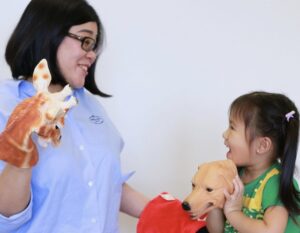

A little brother or sister can be the greatest gift parents ever give their child, but more often than not, it’s not a gift that’s initially well received! When a new baby arrives, there is a distinct shift in a family’s dynamics; an only child becomes an older child, or in the case of two children, the younger child is no longer the baby of the family.
Research indicates that the way a child responds to the new family member is largely attributed to their personality, but age also plays a large part. Quite often the sibling gap is about two years and at two years of age, the older child still has a strong need for love and attention from their parents. At the same time, the child is still prone to toddler tantrums if they feel that their world is off kilter, which it inevitably will be when the “gift” arrives.
While more stressful on the parents in many ways, a gap of less than 18 months means that the older child will not have fully developed his sense of identity, and will likely more easily accept the change. At the other end of the scale, if the older child is four or five years old, they’ve reached a stage where they are seeking more independence, and thus feel more self assured without the need for parental attention 24/7.
Whatever the character or age of the child, here are some ways that parents can help make the process a smooth one:
Start Early
Children are more sensitive to the coming change than you may think, and even before the baby is born you may notice the older child is craving more attention and regressing in his behavior, often unlearning new skills. It is therefore important to allow the older child to be a part of discussions and preparations for the new baby right from the beginning.
Educate Your Child
Visit other people with newborn babies, especially if there is an older sibling the same age as your child. If there is a newborn in your extended family, spend time with them so that your child can start to gain a level of comfort around babies.
Avoid Change When the Baby Arrives
If you plan to move your child to a new bed and/or bedroom, do so well before the baby arrives so your older child doesn’t feel displaced by the baby. This also goes for any other major changes, like weaning, toilet training and starting preschool or child care. Similarly, make sure that your child is familiar with the people who will care for him or her while you are giving birth.
Empower Your Child
It helps to give the older child a role, such as allowing participation in the care of the newborn and then complimenting them on their involvement. Allow your older child to make choices for the baby, for example which outfit he/she will wear (from a small pre-chosen selection). Some parents give the older child a direct role like always fetching the nappies when nappy changes are happening, but make sure that you’re not forcing anything if the child doesn’t want to be involved.
Help Make the Connection
To help your child feel that the newborn is a friend and companion, you can encourage him/her to talk to the new baby, and point out when the newborn looks at or makes contact with the older one. Try to make interaction fun, for example, you can make a game of who’ll be the first to spot the baby’s next developmental milestone.
Make Time For Your Older Child
Make sure you are sensitive to your older child’s feelings, always make time to listen to them and have dedicated one-on-one sessions. If your child is old enough, encourage him to talk about his inevitable mixed feelings about the new arrival. It’s perfectly normal for the child to feel jealous; be understanding yet suggest positive behaviours to help deal with your child’s baby blues (things like giving mummy a big hug can assist). Remember that out of the two, it’s the older child who will remember this period more clearly, so it’s really important to make it a pleasant and happy time for him/her as well.
Be Good to Yourself
Most of this advice does call for a certain amount of self control and self discipline from tired, stressed parents, which is a lot to ask. It’s most important to take care of yourself as much as possible with a newborn in the house. By taking care of yourself, you’ll find that other things naturally take better care of themselves too.






 View All
View All





 View All
View All








 View All
View All







